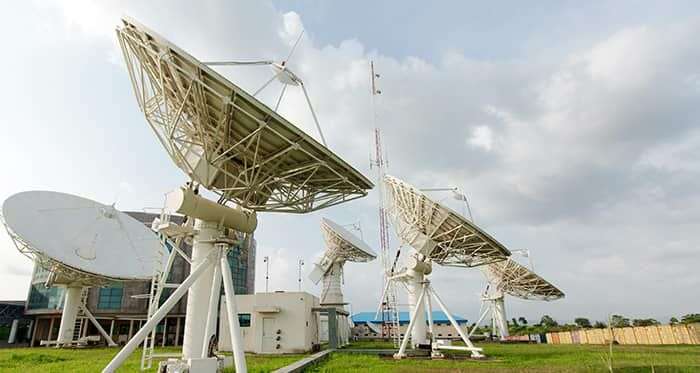
Nigeria could lose out on $1.2 trillion in potential benefits from the global Artificial Intelligence (AI) economy by 2030 if it fails to adopt strategic policies and innovations, the Nigerian Communications Satellite Limited (NIGCOMSAT) has cautioned.
NIGCOMSAT Managing Director, Nkechi Egerton-Idehen, sounded the warning in a statement issued after the 12th Regular Meeting of the National Council for Communications, Innovation, and Digital Economy, held in Makurdi, Benue State.
Egerton-Idehen stressed the transformative power of AI and its projected contributions to the global economy, emphasizing the urgent need for Nigeria to position itself to harness these opportunities.
“Artificial intelligence is revolutionizing industries, economies, and societies globally, with projections indicating it will contribute $15.7 trillion to the global economy by 2030. Africa stands to gain $1.2 trillion if strategic policies and innovations are implemented,” she said, citing a report by PricewaterhouseCoopers (PwC).
Beyond its economic potential, Egerton-Idehen highlighted AI’s capacity to tackle critical challenges, including food security, urging Nigeria to prepare for responsible AI adoption.
“AI offers us a dual advantage — driving economic growth and addressing pressing issues like food security. However, we must evaluate our readiness to manage and utilize this technology responsibly,” she stated.
The warning underscores the growing need for Nigeria to accelerate its digital transformation efforts, foster innovation, and implement AI-driven solutions to avoid being left behind in the rapidly evolving global digital economy.





